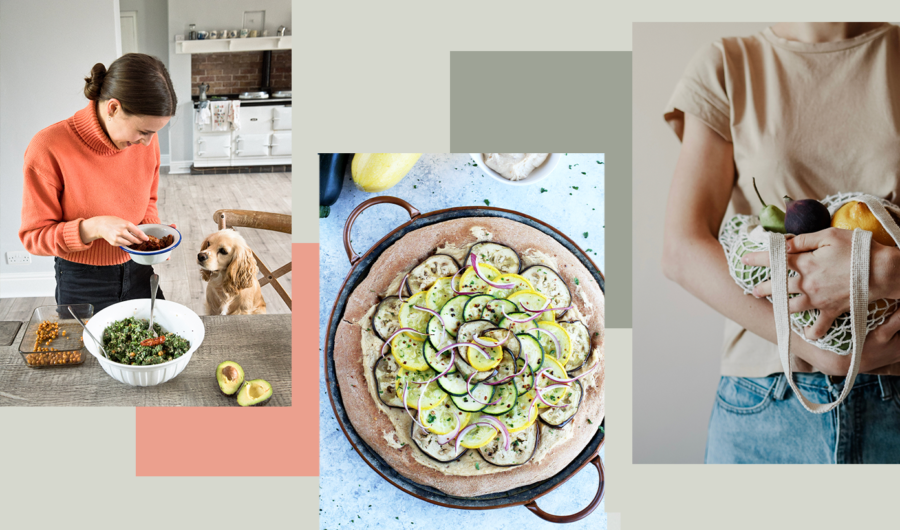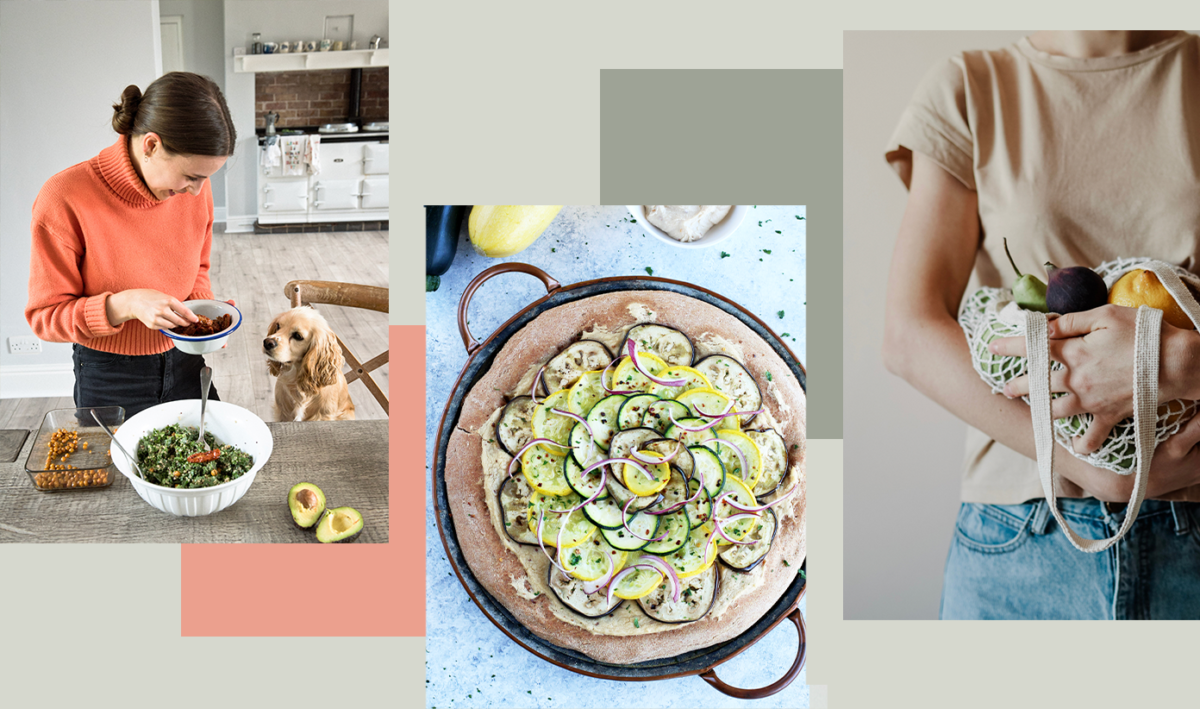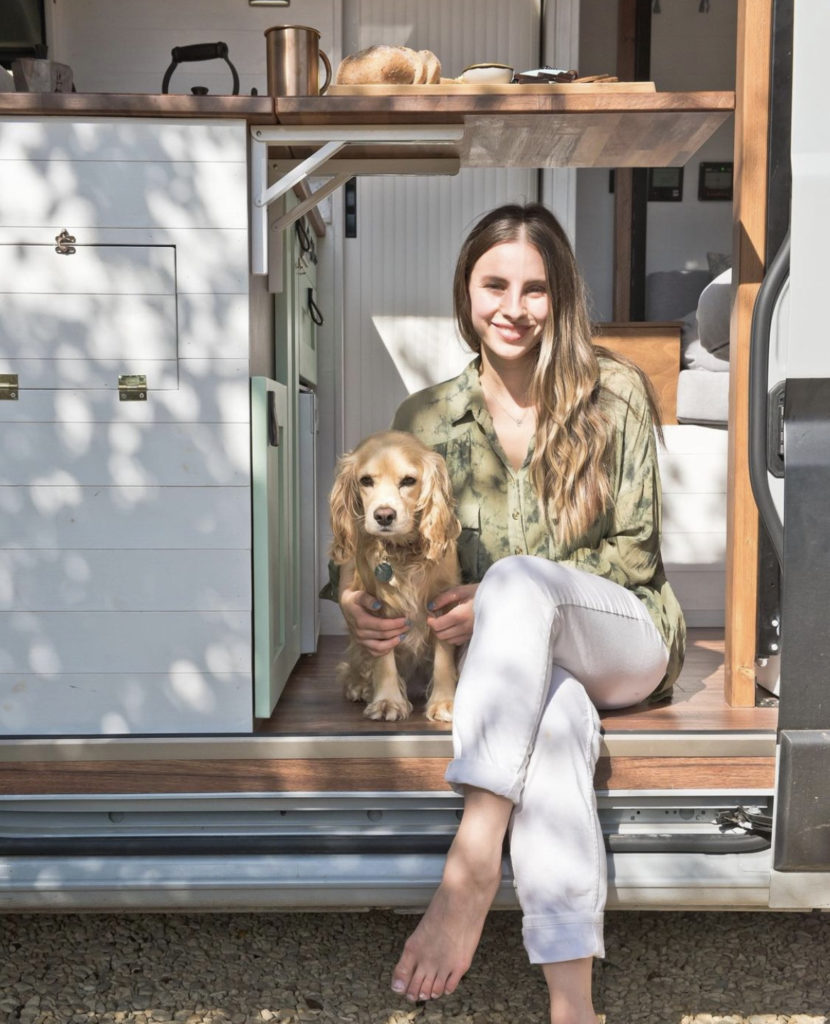Health & sustainability expert Sassy Gregson-Williams is back judging our sustainability awards for the second year, an opportunity for us to showcase companies going the extra mile when it comes to looking after the health of our planet. With the much-anticipated awards coming up this July, we asked Sassy to share her 6 top sustainability tips that make the biggest impact, so that we can join the companies that are doing their bit, by doing ours.
GO PLANT-BASED
Thich Nhat Hanh said so eloquently that “by eating meat we share the responsibility of climate change, the destruction of our forests, and the poisoning of our air and water. The simple act of becoming vegetarian will make a difference in the health of our planet”. This sums it up so perfectly, the action of going vegetarian and vegan has an instantaneous impact. Livestock and their byproducts account for up to 51% of all man-made greenhouse gas emissions. By going vegan you’re not giving something up, you’re giving something back.
One of my top tips for going vegan is to know your why, and continue to educate yourself on the reasons you’re making such a transformative decision. Let’s face it, most people don’t go vegan because they hate the taste of meat, it’s because they are aware of the implications animal farming and meat-eating has on our suffering environment. Facts truly are power, so keep them close to you.

STOP INVESTING IN PLASTIC
We are constantly given the choice to buy fruit, vegetables, grains, pulses, snacks, and juices (the list goes on) in plastic. When, in fact, we also have the choice to buy them loose. It’s easier to go for the pre-packaged option, you don’t have to grab a brown paper bag and package them yourself – it’s quicker and it’s been portioned up for you. But, with just a tiny bit more thought you can buy everything you need plastic-free.
Start small and focus just on your fruits and vegetables. Only look at the loose ingredients, and commit to not buying any wrapped in plastic. Once this has become a habit, try focusing on the grains and pulses. If your local supermarket doesn’t stock refillable grains, look around for a bulk store that does. Then, to put the cherry on top, focus on your snacks. Choose whole-food ingredients and make your own.
SECOND-HAND STEALS
There are so many beautiful clothes and furniture pieces already in circulation, that there truly is no reason to buy something new. I have recently become a Facebook marketplace fanatic, and have found some incredible second-hand steals, as well as effortlessly selling some of my own older pieces. Downloading and getting involved with second-hand marketplaces makes it easier to engage with, buy or sell when the time comes. I recommend Facebook marketplace, depop, preloved, gumtree, vinted and hardly ever worn it.
BUY MORE TO WASTE LESS
There are some incredible gadgets, kitchen utensils and handbag staples that can help you reduce your day-to-day waste. Here are my go to’s:
My favourite trips of 2021 were by train, car and van. I journeyed to Tuscany from London via Paris on the train. It was a long journey, but such an adventure and one I would never have had if I wasn’t looking to reduce my footprint and fly less. It convinced me that not only is taking the train a must, it’s also a marvellous experience.
TAKE THE SLOW ROAD
This summer book trips by train, and car. If you’re travelling within Europe and you live in the UK, or within America and you live in the US – then it is possible to travel where you’re going by train. Make an exciting experience of it, plan some fun stops along the way, and make every part of the travel a part of the adventure.
BE A TECH-MINIMALIST
The internet emits 1.6 billion annual tons of greenhouse gas emissions. So every time we use the internet, save items to the cloud, download new music or stream a youtube video we are adding to our digital carbon footprint.
One way we can reduce our digital impact is by taking a minimalist approach to our inbox. Unsubscribe from newsletters you don’t read, and clear out storage of emails you don’t need (junk, spam, unimportant work emails from 5 years ago etc).
Another way to be more digitally carbon-conscious is to consider what emails you need to send, and avoid sending large attachments if it’s not necessary. Clear out space on your iCloud storage, and do a big spring cleaning on all your online assets.
words by Saskia Gregson-Williams – naturallysassy.co.uk
















